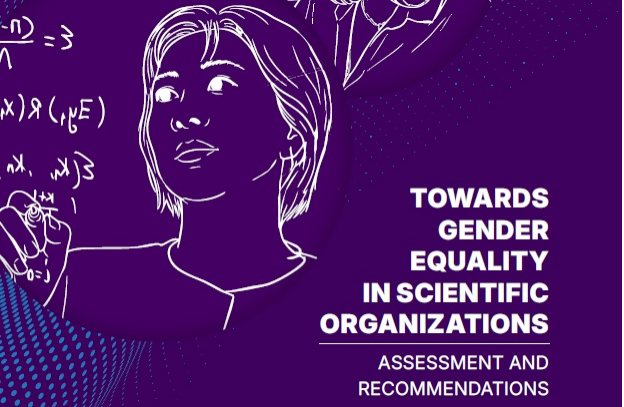Jointly organized by the Institute of Physical and Technical Problems and Materials Science, National Academy of Sciences of the Kyrgyz Republic (IPTPMS, NAS/KR), the Institute of Remote Sensing and Digital Earth, Chinese Academy of Sciences (RADI/CAS), and the International Society for Digital Earth (ISDE), the 2nd International Symposium on Earth Observation for Arid and Semi-arid Environments (ISEO2014) was held at Issyk-kul Lake, Kyrgyzstan from September 10 to 12, 2014. It brought together more than 100 experts from 14 countries, including China, Kyrgyzstan, Tajikistan, Kazakhstan, Uzbekistan, Russia and Belarus, under the theme “Central Asia: Looking from Space”.
 Opening Ceremony of ISEO 2014. (Photo: RADI/CAS)
Opening Ceremony of ISEO 2014. (Photo: RADI/CAS)
Prof. Huadong Guo, CAS Member and co-chair of ISEO 2014, addressed the opening ceremony and expressed that the ISEO2014 offers a platform for conducting Earth observation and related cooperation for its application in Central Asia. “Earth observation technology could help human society in addressing challenges to its existence and will play an important role in food security, natural disaster mitigation, climate change adaptation and environmental sustainable development,” Guo said. He called for further cooperation in the field among countries in the region to serve the development of Silk Road Economic Belt (SREB).
Other speakers at the ceremony included NAS/KR Member and President Abdygany Erkebaev, Kyrgyz Minister of Agriculture and Food T. A. Aidaraliev, Kyrgyz Minister of Education and Sciences K. J. Sydykov, Chair of State agency on Geology and Mineral Recourses under KR Government D. T. Zilaliev, Deputy head of Roskosmos Sergei Saveliev, President and Academician of the National Academy of Sciences of Belarus Peter Vityaz and Academician of National Academy of Kazakhstan Republic Halel Bespaev. They stressed the rapid progress of space science and technology and their extensive application in various sectors, including agriculture, disaster reduction, global change and mineral resources.
The meeting featured 19 reports in five plenary sessions and more than 50 reports in 10 parallel sessions. Participants held academic exchanges on a variety of topics, including theory and technology of Earth observation, water resources, minerals and energy sources, disaster reduction and prevention, eco-environment monitoring and evaluation and global change. Several bilateral and multilateral meetings on Earth observation cooperation in SREB were also held. The meeting further promoted the exchanges of Earth observation technology and application in this region, which is conducive for ISEO meeting series to gradually become one of the most influential academic meetings in the region.
A Statement on Scientific Program of Earth Observation for Development of Silk Road Economic Belt was approved at the meeting. It emphasizes that Earth observation technology enables people to address the challenges to its existence, and plays an important role in ensuring food, water and energy security, fighting against natural disasters, adapting to climate change and maintaining environmental sustainable development. Central Asian countries should further promote the use of space-borne Earth observation to facilitate S&T cooperation in SREB.
Launched by RADI, ISEO is a biennial meeting series focusing on the Earth observation technology and applications in arid and semi-arid environments, especially Central Asia and the neighboring regions. ISEO serves as a platform for international cooperation and the leading and substantive role of CAS in the cooperation. On September 9, Prof. GUO Huadong and Prof. Abdygany Erkebaev jointly unveiled the nameplate for the Research Center for Earth Observation and Digital Earth, which is jointly set up by RADI and NAS, in Bishkek, capital of Kyrgyzstan.
Currently, RADI/CAS also serves as a host partner to Integrated Research on Disaster Risk Programme in achieving a global, multi-disciplinary approach to dealing with the challenges brought by natural disasters, mitigating their impacts, and improving related policy-making mechanisms. IRDR International Programme Office is based in Beijing.
More information: http://english.radi.cas.cn/News/PN/201409/t20140917_128024.html





